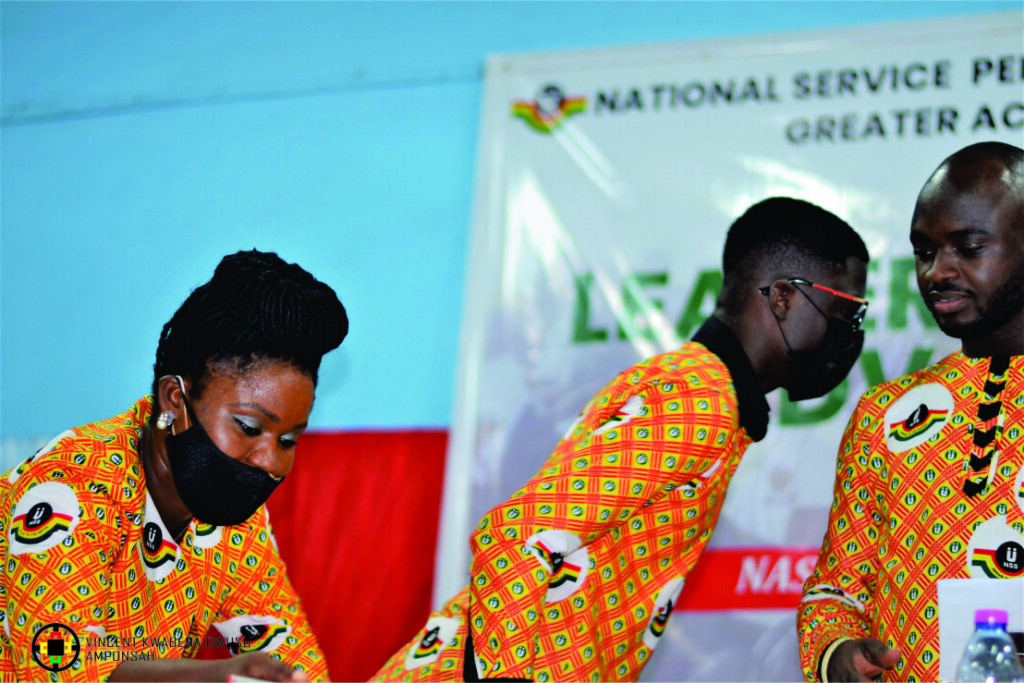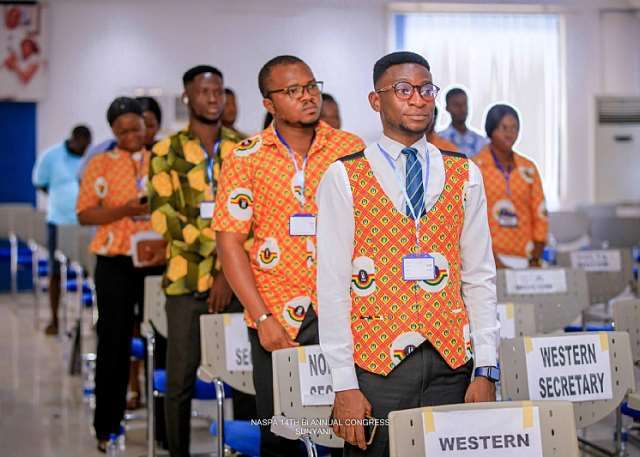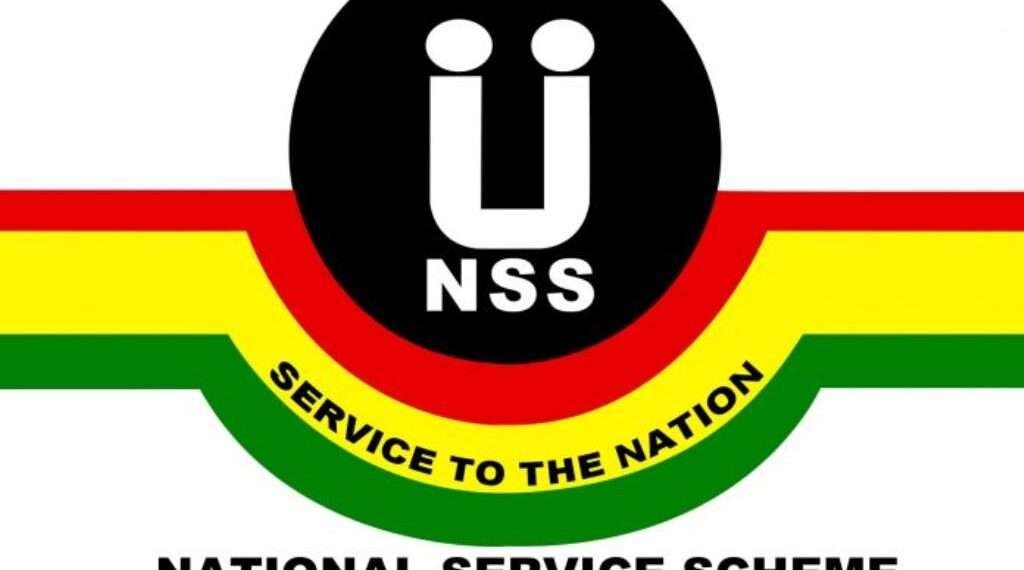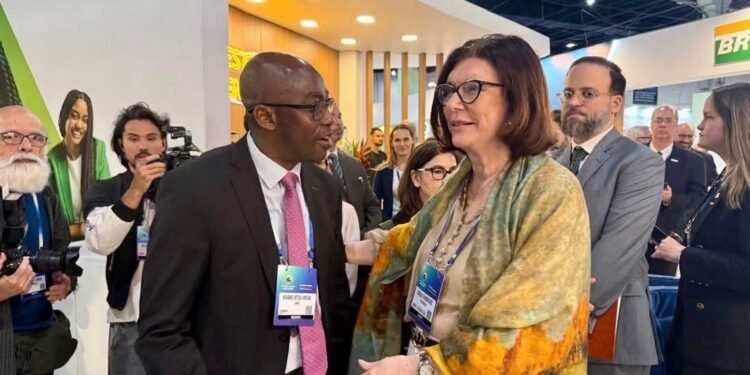Concerns surrounding the National Service Authority’s (NSA) digital platform have reignited as the current contract between the National Service Secretariat (NSS), NSA, and the company responsible for the controversial CSMP and Metric App expires this July.
Sulemana Braimah, Executive Director of the Media Foundation for West Africa (MFWA), has drawn attention to the situation, noting that the agreement was structured to be extended by an additional three years based solely on satisfactory outcomes.
Accordingly, Braimah questioned whether the company’s performance truly met expectations.
He expressed doubts, noting that the recent scandal in which thousands of ghost names were discovered embedded within the system’s operational database raises serious concerns about its reliability and integrity.
“Following the ghost names scandal, the President directed a halt to the use of the digital system; a forensic audit to be conducted, re-validation conducted, and a new digital system built and deployed to enhance transparency and public trust in the NSA’s operations.”
Sulemana Braimah
The directives were aimed at addressing longstanding inefficiencies and restoring public faith in the NSA’s administrative processes.
However, a surprising development has further deepened public concern.
Despite the ongoing forensic audit, Braimah revealed that the owners of the compromised digital platform linked to the ghost names scandal officially wrote to the Director-General of the NSA, Mr. Felix Gyamfi, on Thursday, July 3.
In their letter, they offered to transfer ownership of their system to the NSS/NSA, even though the President’s directives had not yet been fully implemented.

Their proposal, he explained, placed a combined intellectual property valuation on the platform estimated at US$2 million.
Just a few days later, the newly appointed Director-General reportedly acted on the proposal without delay.
Braimah explained that on Monday, July 7, Mr. Gyamfi formally wrote to the Minister for Youth Development and Empowerment—the official overseeing NSS/NSA—highlighting what he considered the potential benefits of accepting the proposed transfer deal.
This rapid response prompted Braimah to question the due process involved, as he queried, “I wonder whether this quick letter to the Minister was at the instruction of the NSA Board, and after the Board’s deliberations on the proposed transfer deal.”
NSA Urged To Comply With Presidential Directives
Sulemana Braimah, further voicing his broader apprehensions, called on all relevant stakeholders to prioritize adherence to the guidelines set by the presidency.
He emphasized that respecting these directives is essential to restoring public confidence and safeguarding the integrity of the NSA’s operations, especially in light of the recurring ghost names scandal that has damaged trust in the system.

“I still hope that the Minister and the NSA Board will fully respect the Presidential Directives to ensure that the reputation and integrity of systems at the NSA are fully restored, given the recurrent issue of ghost names at the NSS/NSA.”
Sulemana Braimah
Highlighting his confidence in Ghana’s technical capabilities, Braimah declared, “I have no doubt that the state has the capacity to develop and deploy a robust and efficient digital platform for NSA asap.”
His argument hinges on the belief that reliance on a previously compromised platform poses significant risks to public trust and the integrity of national systems.
As the contract reaches its termination point this month, the situation underscores the critical decisions facing the NSS and NSA leadership.
Braimah’s comments illuminate a growing concern that authorities may prioritize expediency or convenience over transparency and public accountability.

For civil society observers, governance analysts, and advocates for public sector reform, the ongoing developments within the NSA serve as a test case for Ghana’s broader efforts to combat administrative corruption.
Whether the leadership will heed presidential directives, complete the forensic audit, and build a new digital platform, or revert to partnerships with the discredited operators of the previous system, remains to be seen.
In light of the $2 million valuation attached to the digital system’s intellectual property, questions persist regarding whose interests are truly being served in the decision-making process.
Braimah’s remarks serve as a public reminder of the importance of following due process to rebuild trust in national systems compromised by ghost names scandals.























